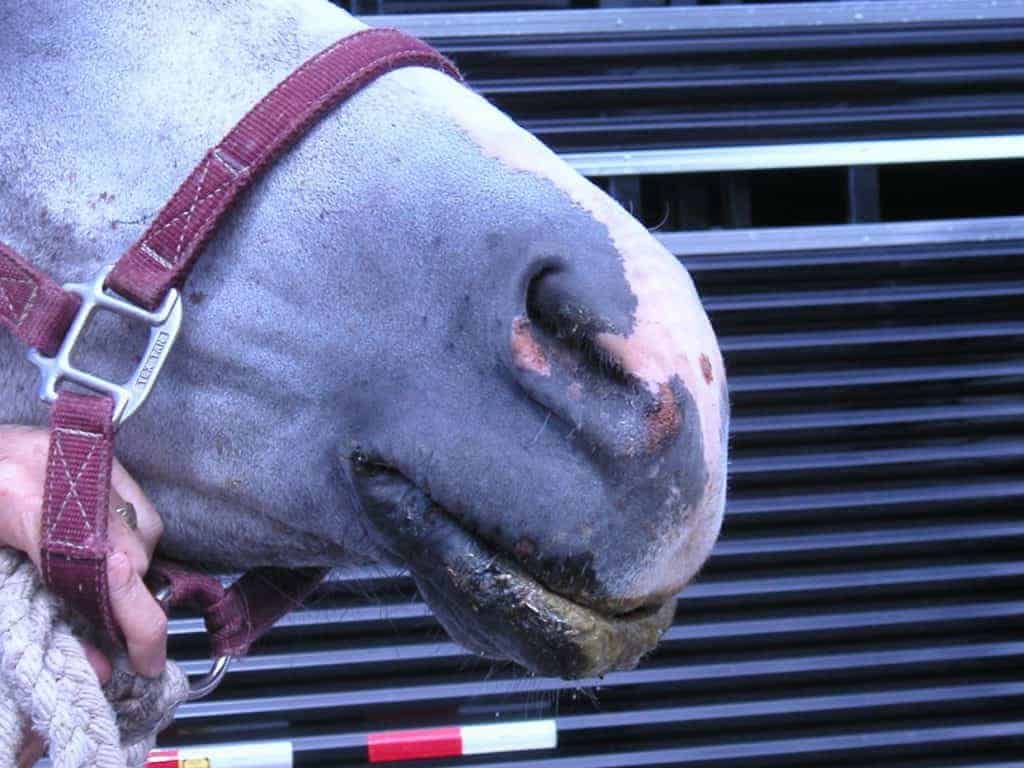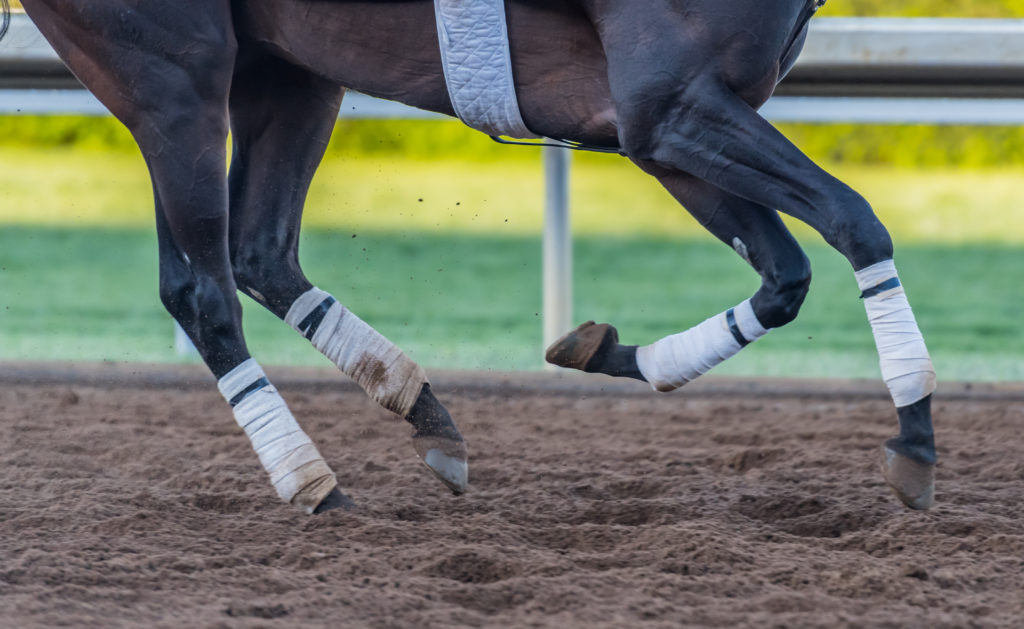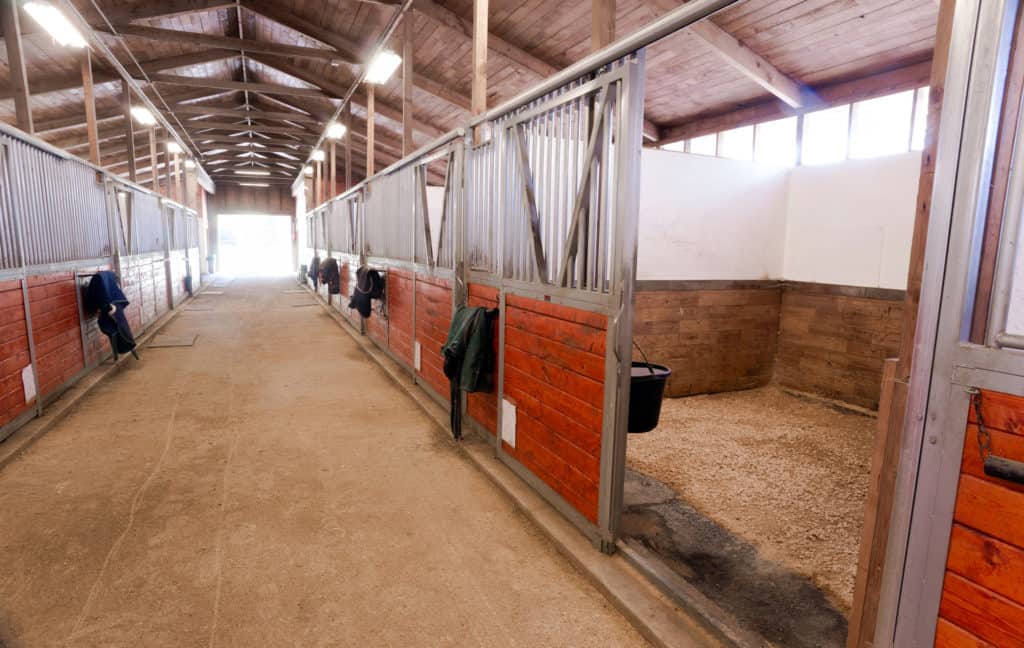
The Trouble With Mud
When the going gets muddy, the muddy get hoof problems. Here’s what to watch for in your horses.

When the going gets muddy, the muddy get hoof problems. Here’s what to watch for in your horses.

Surviving natural disasters becomes even more complicated when you’re responsible for horses and other animals. Emergency planning expert Rebecca Gimenez-Husted, PhD, literally wrote the book on Technical Large Animal Rescue, and she joins us for an hour to answer your disaster-planning questions and offer advice that could save your and your horses’ lives.

The agency reports three states have been released from VSV quarantine.

Rabies is a concern when horses are bitten by unknown animals. Find out how to protect your horse.

Use these disease prevention strategies to protect your horse on the farm, at the horse show, and in the breeding shed.

Most cool-season horse pastures should be fertilized with nitrogen in the fall to boost root reserves and extend the grazing season.

International Society for Equitation Science conference attendees learned about practical applications of scientific studies and discovered new theories about horse welfare and behavior.

A veterinarian who examined the affected herd found no additional animals with clinical signs of VS.

The choice of track surfaces during racehorse training could affect the chances of horses getting seriously injured on race day.

Here are some biosecurity practices you can put into place at the clinic and on the farm to prevent salmonellosis.

Out-of-control critters can pass along pathogens, damage property and structures, and create unhygienic messes. Find out how to deter unwanted visitors such as birds, raccoons, skunks, and other rodents on your horse farm.

Scientists found 200 E. coli strains, about half of which were resistant to at least one microbial agent, in manure, air, and horse nostrils at Polish riding centers. Here’s what that means for you.

Bugs are beyond annoying for our horses. Insects spread diseases—some of them deadly—and can cause irritating and performance-limiting allergic reactions. Listen as our expert answers questions about protecting horses from mosquitoes, gnats, biting flies, ticks, and more.

Are birds causing costly damage in your barn? Find money-saving solutions in The Horse’s Problem-Solver Series, paid downloads from the horse health source you trust.

Experts offer tips for mud management on farms and how to keep horses and their hooves healthy when faced with copious wet weather.

Did you know May 29 is Learn About Composting Day? Get a head start with some of our top composting, manure management, and eco-friendly farm management resources available for free on TheHorse.com.
Stay on top of the most recent Horse Health news with
"*" indicates required fields